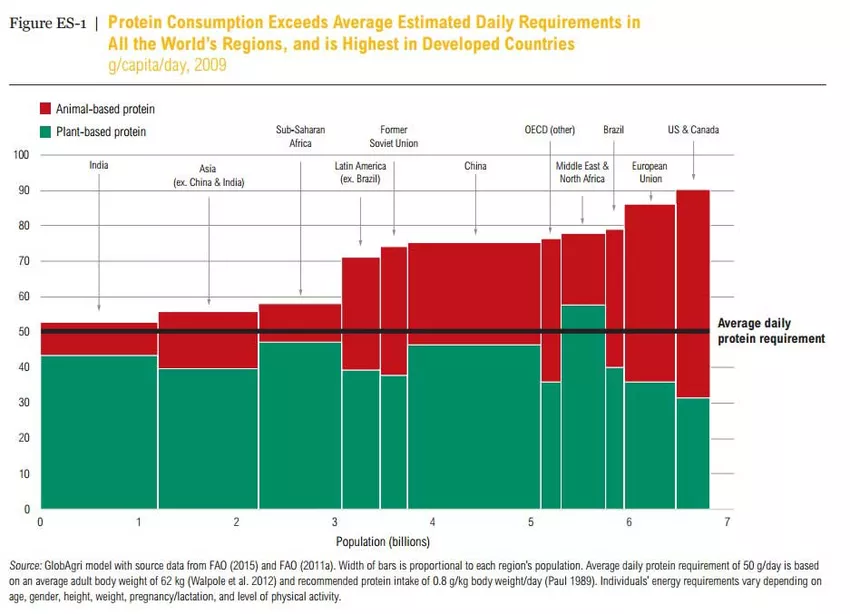
Why diet affects climate change
We are what we eat, some experts say, although the debate may go much further from the simple statement than ourdiet it can determine the character of a person.
We have forgotten that much of the carbon emissions existing in the world comes from the simple meat we eatEven at the Paris COP21 climate change conference, many environmentalists affirmed the lack of a significant commitment in this regard.
The latest figures from a report issued by the FAO (Tackling climate change through livestock) affirm that the world livestock sector has an important role in climate change.
But first… What foods have the greatest impact on climate change?

We can see the graph better from HERE. Actually, Do you want to reduce the carbon footprint of your food? Focus on what you eat, not whether the food is local. There is one of the keys that we have forgotten.
Do you want to reduce the carbon footprint of your food? Focus on what you eat
It represents the imposing figure of 14.5% of all carbon dioxide emissions of human origin. In reality, it is more than all direct emissions from transportation, including cars, planes and ships combined globally.

Although the impact of diet has largely been overlooked in the climate change debate, a new study from the World Resources Institute (Shifting Diets for a Sustainable Food Future) highlights that role of diet is very important to achieve the sustainability goals needed in this modern age …
“What we eat has a profound impact on the planet. Around the world, people are increasing diets high in calories, meat and dairy products, with dire consequences for the Health of the planet ».

The protein consumption it exceeds the daily requirements of the average estimated throughout the planet, and to a greater extent, in developed countries.
Various studies determine that according to the type of diet that we have, the reductions in greenhouse gases can be remarkable for the benefit of climate change:
- If we follow theFeeding Habits According to the dietary guidelines of the World Health Organization, their greenhouse gas emissions from livestock would be reduced by 17%. (Report HERE)
- If we follow the eating habits of theMediterranean diet It could generate a 30% reduction compared to what is projected for 2050 in greenhouse gas emissions caused by livestock. (Report HERE)
- If we switch to a vegetarian diet it may be able to reduce greenhouse gas emissions by 50% caused by livestock. (Report HERE)
Although the models vary, they all agreed that the reductions in animal products such as meat, eggs and dairy products, along with the increased consumption of fruits and vegetables would reduce nitrogen and greenhouse gas emissions.
People in wealthy western countries - leading the US - consume more food than they need in their subsistence allowance, especially proteins. According to the report, agricultural land use and greenhouse gas emissions associated with the american diet, on average, they are almost twice that of the world's average diet.
The production of food of animal origin is generally more aggressive on the planet than food of plant origin.

In the end we think we understand that it is not about stopping eating meat, but rather about having a healthy lifestyle what does it entail healthier eating habits and that directly benefit the health of the planet.
If you liked this article, share it!


